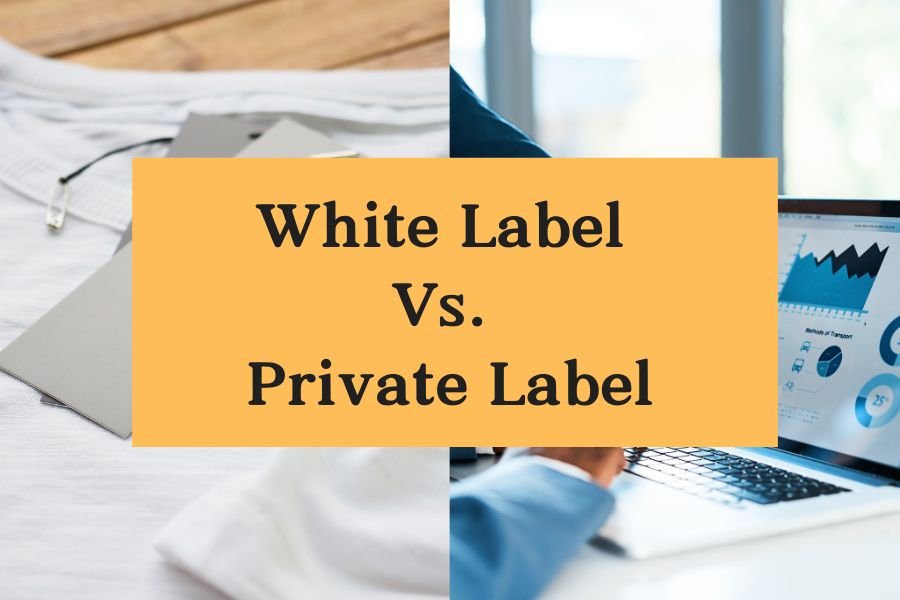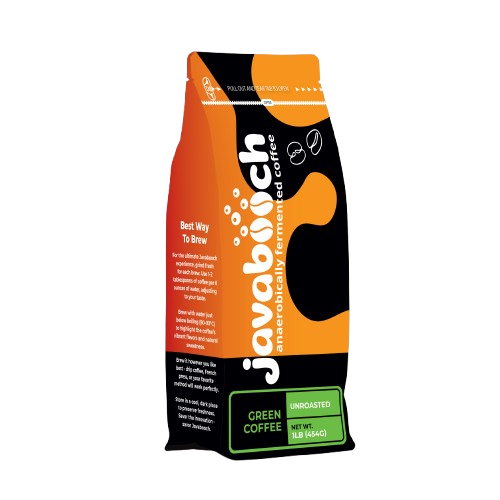When you’re launching a coffee brand—or any product line—understanding the difference between private label and white label is essential for making the right business decisions. Though they might sound similar, each approach offers distinct advantages, responsibilities, and levels of customization.
What is White Label?
A white label product is a pre-made item manufactured by a third party, which you can rebrand and sell as your own. The same product is often sold to multiple businesses with different branding.
Key Characteristics of White Label:
- Limited Customization: You can usually change the logo, label, and packaging, but the product itself stays the same.
- Speed to Market: Since the product is already developed, it’s quicker to launch.
- Lower Cost: There’s less R&D and production cost upfront.
- Less Control: You have little to no say in the product’s formula, ingredients, or sourcing.
Example:
You purchase roasted coffee beans from a manufacturer who supplies the same roast to several businesses. You brand the bags as your own and sell them on your website.
What is Private Label?
A private label product is manufactured exclusively for your brand. While the product is produced by a third party, it is customized based on your specifications.
Key Characteristics of Private Label:
- Full Customization: You control the recipe, design, packaging, and product features.
- Unique Branding: The product is made solely for your business, which means no one else can sell the same version.
- Higher Investment: There’s usually more time, effort, and money involved upfront.
- More Control: You can tweak the product quality, design, and even raw material sourcing.
Example:
You work with a specialty roaster to develop your own coffee blend using beans from a specific origin, then create custom packaging that reflects your brand story.
Which One Should You Choose?
Here’s how to decide:
| Factor | White Label | Private Label |
|---|---|---|
| Time to Launch | Fast | Slower |
| Budget | Lower startup costs | Higher initial investment |
| Brand Differentiation | Low | High |
| Product Customization | Limited | Full |
| Margins | Moderate | Higher (if positioned well) |
Final Thoughts
If you’re just starting out and want to test the market quickly, white label may be a practical starting point. It allows you to build brand recognition without getting deeply involved in product development.
But if you’re serious about long-term growth and want to stand out in a crowded market, private labeling is the way to go. It gives you the flexibility to tell a compelling story, own your supply chain decisions, and build a brand that can’t be easily copied.
Whether you choose white label or private label depends on your goals, resources, and how deeply you want to be involved in the product lifecycle.



